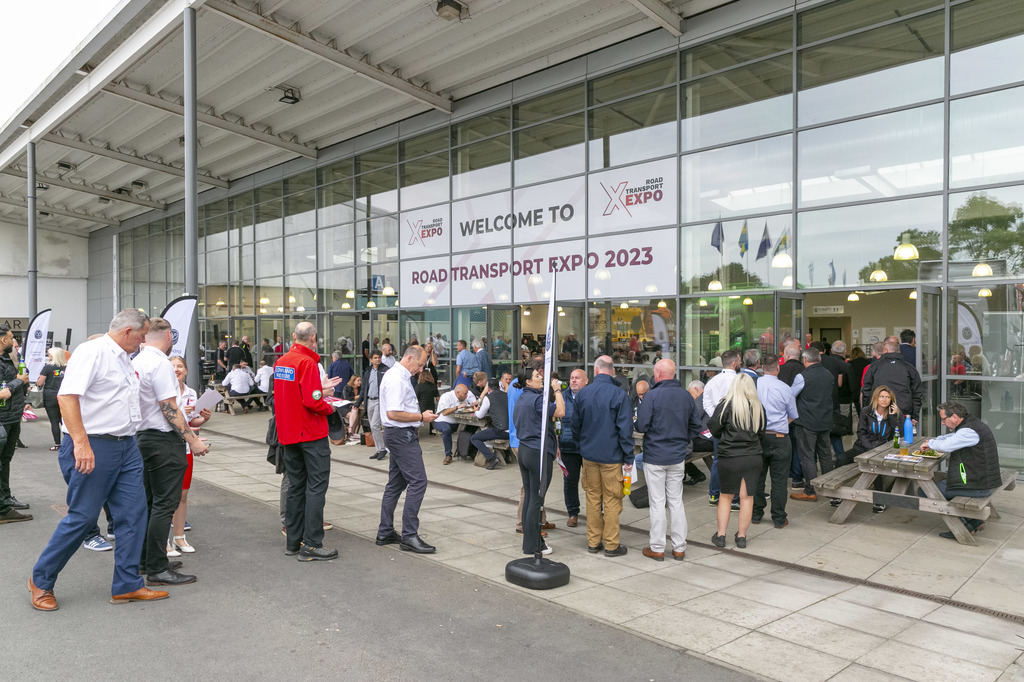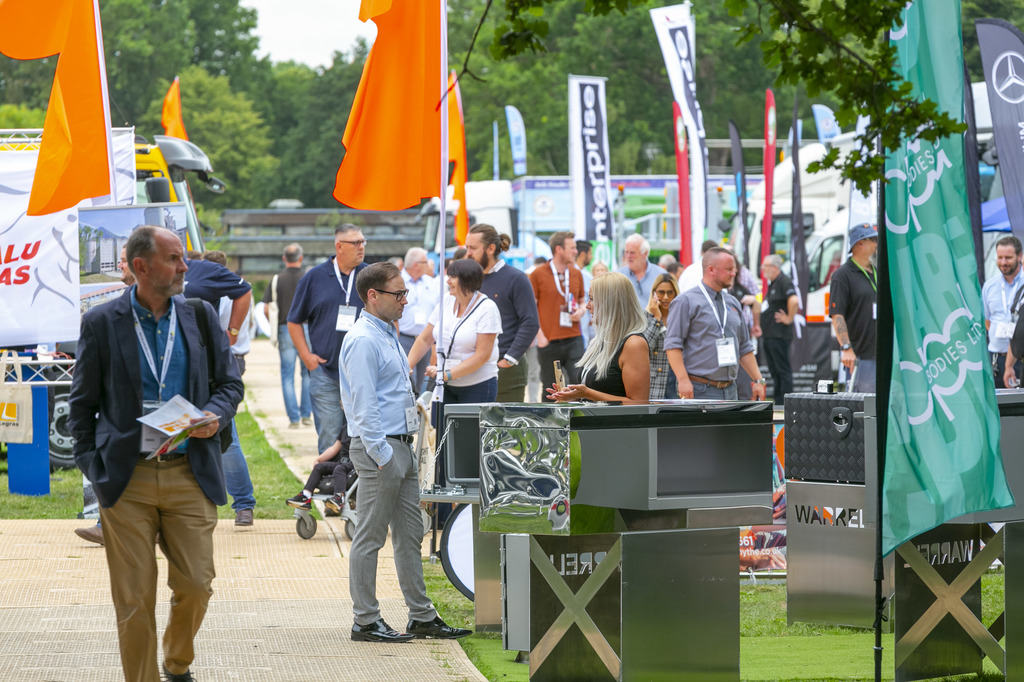Want to know how we're supporting some of the UK's largest fleets transition to alternative fuels?
Discover the future of HGVs at the Road Transport Expo 2024
Novuna Vehicle Solutions will be presenting the latest in hydrogen fuel technology and explaining how this advancement in alternative energy can be the future for the wide range of industries which require a fleet of HGVs.
With over 40+ years’ experience, we stand as the leading pioneering innovator for driving hydrogen HGV solutions across the UK, striving to build towards a net zero future for all. We are the only leasing company part of the DFT-funded Tees Valley Hydrogen Vehicle Consortium, alongside German manufacturer Quantron AG.
Our industry expertise and knowledge enable us to offer our customers Total Asset Solutions encompassing everything from initial design through to the ongoing management and maintenance of your fleet, making us a trusted partner of choice for your business needs.

About the Road Transport Expo (RTX)
The Road Transport Expo is one of the largest exhibitions showcasing the latest developments and evolutions of technology related to trucks, lorries and other HGVs from across the world.
Taking place from Tuesday 4th June - Thursday 6th June in the NAEC Stoneleigh, RTX24 is building up to be a massive event for those in attendance.
We are very excited to be in attendance and look forward to bringing a few surprises with us across the three days...
Come and find us!
Our team will be on hand at stand N15b in Exhibition Hall Three to answer any and all questions you may have about alternative fuels, fleet management and business vehicle leasing options!
A map to our location, as well as the rest of the exhibitors and stands at RTX24, can be found here.
If you are unable to be in attendance but would still like to learn more about what we do, speak with a member of our team!


Hydrogen FAQs
How is hydrogen made? Back
The UK produces about 700,000 tonnes of hydrogen each year. Most of this is made from natural gas using a process called Steam Methane Reforming (SMR).
SMR involves exposing methane to high-temperature steam and a catalyst, such as nickel, creates a chemical reaction that produces hydrogen gas and carbon monoxide. The carbon monoxide is then processed with more steam, generating additional hydrogen and carbon dioxide.
Is hydrogen a green energy source? Back
The most common method of hydrogen production relies on fossil fuels and less than 0.04% of total hydrogen production can currently be labelled as ‘green’.
A number of alternatives are being developed, including electrolysis, which uses electricity to split water into hydrogen and oxygen. How green this process is largely depends on how the electricity is generated in the first place.
Another serious option is ‘blue hydrogen’, which uses the same basic process of steam methane reforming (SMR) as deployed in current hydrogen production, but the CO2 produced is captured and, potentially, re-used by converting it into plastics, concrete, or biofuels etc.
Nuclear power plants can also produce green hydrogen using various forms of electrolysis and small modular reactor technologies.
What does it cost to run a hydrogen vehicle? Back
Calculating the running costs of a hydrogen vehicle is a complex equation with lots of variables to consider, including the efficiency of the vehicle, access to infrastructure, total cost of ownership etc. Hydrogen has the potential to be markedly cheaper than either petrol or diesel and could even be cheaper than battery electric vehicles, but it largely depends on how the competing technologies develop and the scale of adoption.
Is anyone investing in hydrogen right now? Back
The Hydrogen Council was launched at the World Economic Forum in Davos in January 2017. Its membership includes major manufacturers such as Audi, BMW, Honda, and Toyota, along with BP, Shell, Michelin, and Microsoft. Their objective is to facilitate international collaboration and pave the way for the deployment of reliable, large-scale, hydrogen solutions.
Globally, just under 800 hydrogen projects will be fully or partially deployed by 2030, with up to £250b of direct investment announced so far. Here in the UK, the government recently announced £2 billion in government funding over the next 15 years, including backing for 11 major projects aimed at producing ‘green’ hydrogen.






